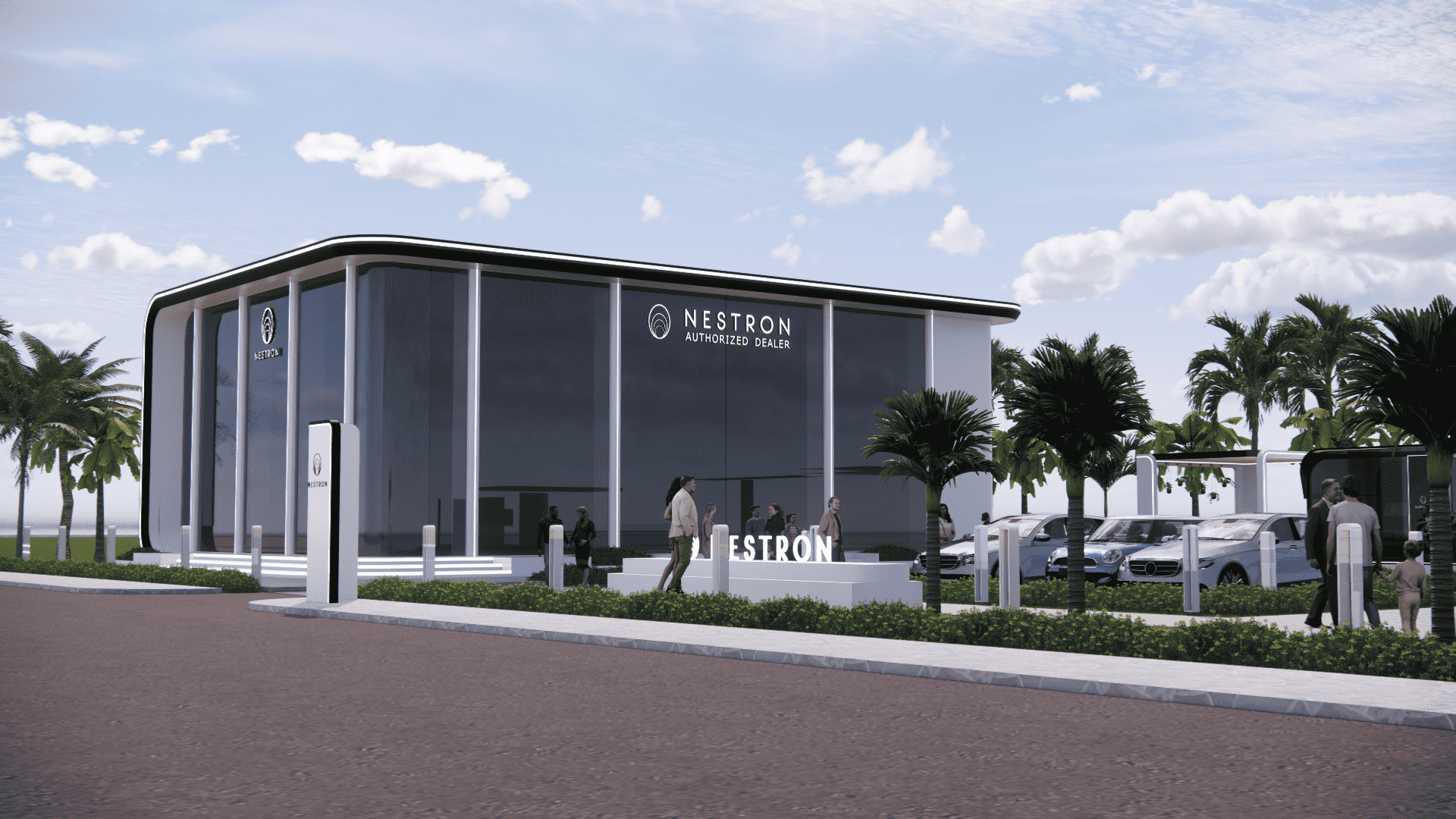
Nestron HouseLoading...
Get $6,800 CAD Off!Canadian Exclusive: Celebrating CSA Certification
MoreHow Living in a Tiny Home Community Provides Social Support

The tiny house trend has become increasingly popular, delivering affordability, sustainability and minimalism to all demographics and wealth. Beyond the environmental benefits, though, these communities offer critical social opportunities. While bringing together like-minded individuals with a shared purpose, here’s how tiny home living provides social support.
Tiny Home Communities on the Rise
If it seems as though tiny houses are popping up everywhere, you’re not imagining things. What started as a niche movement has grown exponentially, with current market values expected to reach $7.39 billion by 2031 — a compounded annual growth rate of 3.5%.
The catalyst behind tiny house production includes a desire for more flexible and sustainable living, some even offering mobility for relocation. Of course, the high cost of living has also underscored their potential for affordable housing in major cities, particularly for first-time homebuyers.
In DeLand, Florida, developers have proposed land regulations to build tiny home communities for those who can’t afford a three- or four-bedroom home in today’s housing market.
Meanwhile, in California, a set of 2020 laws — including SB13, AB68, AB881, and AB670 — have made it easier and more cost-effective to construct them on any residential property.
For those concerned about their environmental impact, many tiny homes integrate sustainable materials, renewable energy and energy-efficient appliances. Because of their size — usually under 400 square feet — they don’t require much land either. Many people must also adopt a minimalist lifestyle to live in them comfortably.
How Tiny Home Living Provides Social Support
One aspect of tiny home communities often overlooked is the social benefits. People residing in a cluster of tiny houses can mimic the traditional neighborly experience, much like you’d find with standard home sizes. Of course, having like-minded individuals nearby helps them achieve a more eco-conscious lifestyle. Discover how tiny home living provides social support within the community.
- Shared Commitment to Sustainability
Residents of tiny house communities usually share similar environmental values, including creating less waste and conserving power. In one study of a tiny trailer in Australia, researchers estimated a 70% reduction in life cycle greenhouse gas emissions per household member compared to a conventional home.
The shared commitment to environmental well-being gives residents a sense of fulfillment as they work together to achieve greater sustainability.
- Emphasis on Social Well-Being
Tiny home communities encourage social, mental and physical well-being by giving you neighbors to spend time with. Household members may gather for outdoor recreation and clubs to reduce isolation and stay active.
For example, walking with friends in nature encourages movement for a mood boost. At the same time, book clubs can increase cognition and memory — even more critical for older adults to maintain their cognitive health. Tiny home communities also organize special events or classes for those living there.
- Support Network
Past studies have indicated an 11% reduction in stress levels when people have adequate social support, even reducing symptoms of anxiety and depression. Typically, this support comes from family, friends and partners. However, your tiny house neighbors can be just as crucial to your immediate circle.
Everyone needs at least one person for support during trying times. When you live in a tiny house community, you can create a tight-knit network of supportive neighbors and friends. Whether helping each other with home improvement projects or offering advice about something, a neighborhood support system is a reminder you always have someone to lean on.
- Community-Focused Initiatives
Tiny home communities provide social support through community-focused initiatives, as well. With 10.9 billion people to feed by 2100, some neighborhoods may decide to start a community garden. Cultivating food brings people together and creates a sustainable, nutritious source of fresh produce.
Community composting is another way to decrease waste among residents. People can bring food scraps to a communal compost bin, from which the soil can be used in gardens. If the community decides against a compost system, a recycling program can help limit landfill waste. These initiatives are significant as residents adjust to living with less and getting rid of excess.
Community members might also explore sharing renewable energy. Nestron allows you to customize your tiny house with grided and off-grid solar systems for energy efficiency.
- Greater Sense of Belonging
People opt for a tiny house for various reasons but usually connect with other residents in the same life stage. For this reason, tiny home communities provide social support by giving you a greater sense of belonging.
For example, when business consultant Kristi Campbell left New York and bought a place in a Black-owned tiny home village, she found herself surrounded by several other Black millennials. Many came from similar backgrounds, too, such as being from Atlanta, Georgia, and entering the housing market as first-time buyers. Campbell expressed excitement about interacting with people she could relate to.
Tiny House Living: A Nature-Centered Connection
Tiny house communities have much to offer their residents. Although affordability is undoubtedly at the top of most homeowners’ list, you can’t deny the deep-rooted social connection and sustainable lifestyle. These neighborhoods unite people with shared passions, values and commitments to creating a better world.
Other blog posts
A window into the world of the interesting topics.
Back to blog listThe next generation is here.
Explore our amazing models.
Get ready to embark on your journey towards a simpler, more sustainable lifestyle.Leave your email to download our product catalog or configure reserve in the store.




